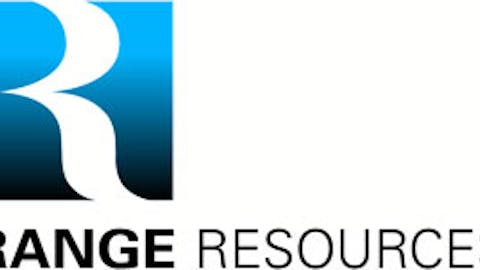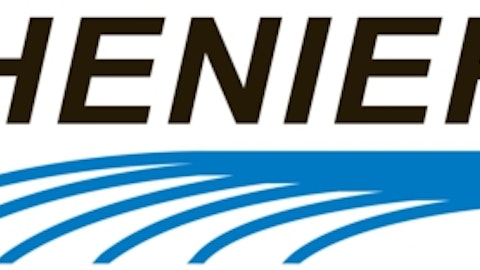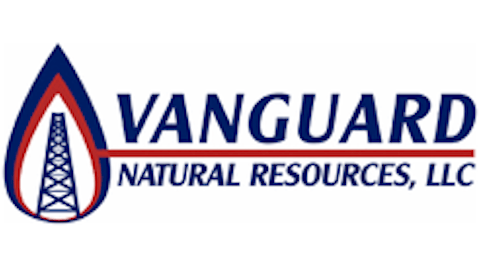
Photo credit: Devon Energy
China has a bold goal to produce 6.5 billion cubic meters of natural gas from shale by 2015. As big as that number sounds, it’s dwarfed by the 224 billion cubic meters of gas the United States produced in 2011. In fact, that amount would only represent 6% of the country’s total output.
China’s biggest problem is that it hasn’t been able to crack the code to develop its vast shale resources. While the country is believed to have twice the shale gas reserves of the U.S., those reserves are found in much deeper and in more difficult to reach locations. That’s leading to high well costs and poor investment returns.
In fact, the average well cost in China is upwards of $16 million, which is exorbitant when comparing it to a U.S. shale gas well. For example, that’s $10 million more than Range Resources Corp. (NYSE:RRC) spends on a typical Marcellus dry gas well. Better yet for Range Resources Corp. (NYSE:RRC), the company can enjoy 97% internal rate of return on those wells. Meanwhile, only a handful of the 180 shale gas wells in China are producing enough gas to at least break-even. That’s unbelievable when considering that the price of natural gas is so much cheaper in the U.S.
This is one reason why Chinese producers like Sinopec Shanghai Petrochemical Co. (ADR) (NYSE:SHI) have focused more on joint ventures with U.S. based companies. The idea isn’t so much about access to American resources but learning how to develop shale resources. Sinopec Shanghai Petrochemical Co. (ADR) (NYSE:SHI) in particular has been aggressive in its ventures. This past February it paid just over a billion dollars for a 50% stake in Chesapeake Energy Corporation (NYSE:CHK)’s acreage in the Mississippian Lime. That deal came about a year after it signed a sweeping $2.5 billion deal with Devon Energy Corp (NYSE:DVN) encompassing five emerging U.S. based plays.
For Chesapeake Energy Corporation (NYSE:CHK) and Devon Energy Corp (NYSE:DVN) these deals are helping both companies to accelerate the de-risking and commercialization of these assets as well as mitigating the exploration risk. Meanwhile, Sinopec is able to watch how these emerging areas are developed in order to gain best practices. For example, Devon Energy Corp (NYSE:DVN) was recently able to overcome considerable technical challenges as it explored the Cana Woodford Shale. Today, its one of the company’s cornerstone assets. While it is not part of its joint venture with Sinopec, it does highlight the technical capabilities that Sinopec can gain from working with U.S. producers. That being said, it might not be enough to help China to unlock its vast resources. Chinese shales are much deeper and could simply take more time to develop because it’s currently cost prohibitive.
The more cost effective option in the short-term might be to simply import more natural gas. That means that the flood of LNG export terminals set to open over the next few years could turn out to be even more profitable than first thought. Not only would that be a good thing for U.S. based gas producers, but also for companies like Chevron Corporation (NYSE:CVX), which are working to construct three LNG export facilities in Western Australia to support all of its recent discoveries in the region.





